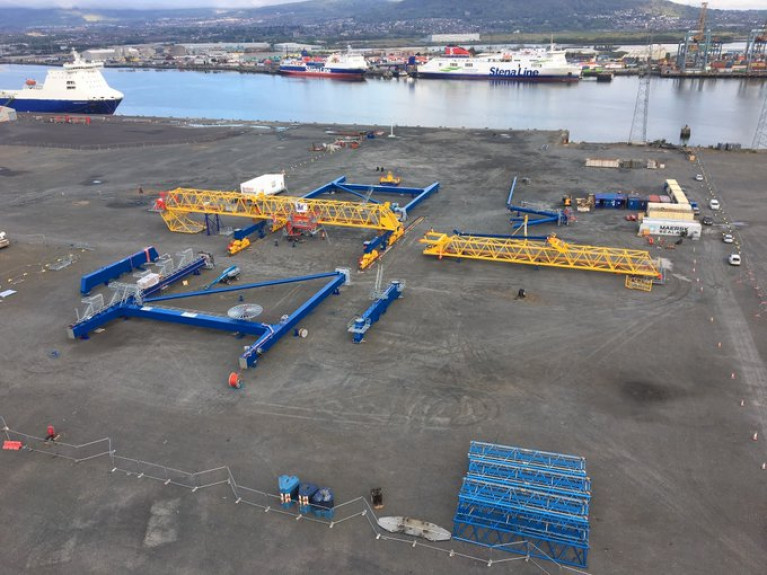Displaying items by tag: Physical Posts
Ports in Northern Ireland with physical posts are set for funding ahead of the UK’s exit from the EU, a Stormont committee has been told.
According to the Press Association, Junior Minister Declan Kearney told the committee that the Executive had been given a briefing by officials on Monday on the latest stage of Brexit negotiations between the UK government and the EU.
He went on to say that the London government has “confirmed that it will urgently put in place detailed plans with the Executive, which does include the physical posts at ports of entry”.
Northern Ireland is set to continue to follow EU single market rules on agricultural and manufactured goods after Brexit, while the rest of the UK will stop following these rules at the end of 2020.
“They have signalled that in order to implement the protocol for January 1 in a way that we all want which is of course is to avoid disruption to trade,” Mr Kearney told the committee.
“Delivery on that infrastructure needs to start as soon as possible, and the British government has indicated that it will provide advice on the requirements and the funding to put that in place.”
For further reading BreakingNews reports here.






























































